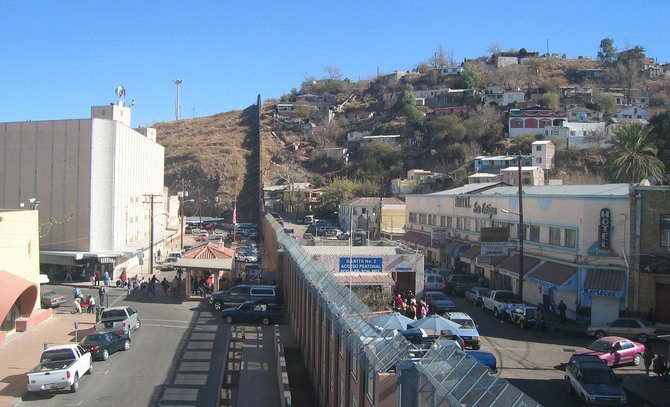Mississippi and other states in the southeastern U.S. have been the battleground for many of the nation's toughest immigration fights in recent years as the rate of immigration to the South has outpaced the rest of the country. Photo by Courtesy Flickr/bavetta
Mississippi activists are confident that congressional talks on immigration reform could mean better living standards for immigrants in the Magnolia State.
Bi-partisan groups in the U.S. Senate and House of Representatives are meeting in Washington, D.C., this week to start laying the groundwork for federal immigration legislation.
Bill Chandler, the executive director of the Mississippi Immigrant Rights Alliance, said he hoped whatever plan Congress develops addresses immigrant-rights group concerns, such as implementing "a better roadmap to citizenship" that eliminates the long processing times facing immigrants from Hispanic countries.
Chandler also said Congress must end guest-worker programs so that visas are no longer tied to specific jobs, and repeal employer sanctions that punish undocumented workers more harshly than the violating businesses.
"The issues we're raising, if all of that is enacted, then it would have a tremendous increase on quality of life," Chandler said of Mississippi's immigrant population.
By many indicators, the quality of life among Mississippi's 74,000 Hispanics--2 percent of the overall population--lags the rest of the state. Information from the Pew Hispanic Center shows that 33 percent of Hispanics in Mississippi live in poverty, and 48 percent lack health care compared to the state's 21-percent poverty rate and 19-percent rate of uninsured.
Mississippi and other states in the southeastern U.S. have been the battleground for many of the nation's toughest immigration fights in recent years as the rate of immigration to the South has outpaced the rest of the country.
Some states, like Alabama and South Carolina, have passed laws to curb their undocumented immigrant populations. Thus far, similar efforts in Mississippi have stalled in recent years. After several years of Mississippi lawmakers' introducing bills to force law enforcement to enforce federal immigration laws, no such bill came up in the 2013 legislative session.
Proposals that would have provided for harshly punishing businesses for using undocumented workers also died this year. Chandler estimates that Mississippi's coalition of immigrant- and worker-rights advocates have blocked 260 immigration-related bills.
"In the south, Mississippi is the only state that does not have active, repressive legislation," Chandler said.
MIRA officials will be among those visiting Washington, D.C., this week and will meet with members of Mississippi's congressional delegation.



Comments